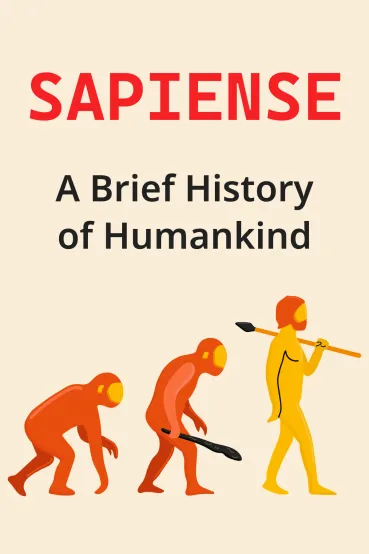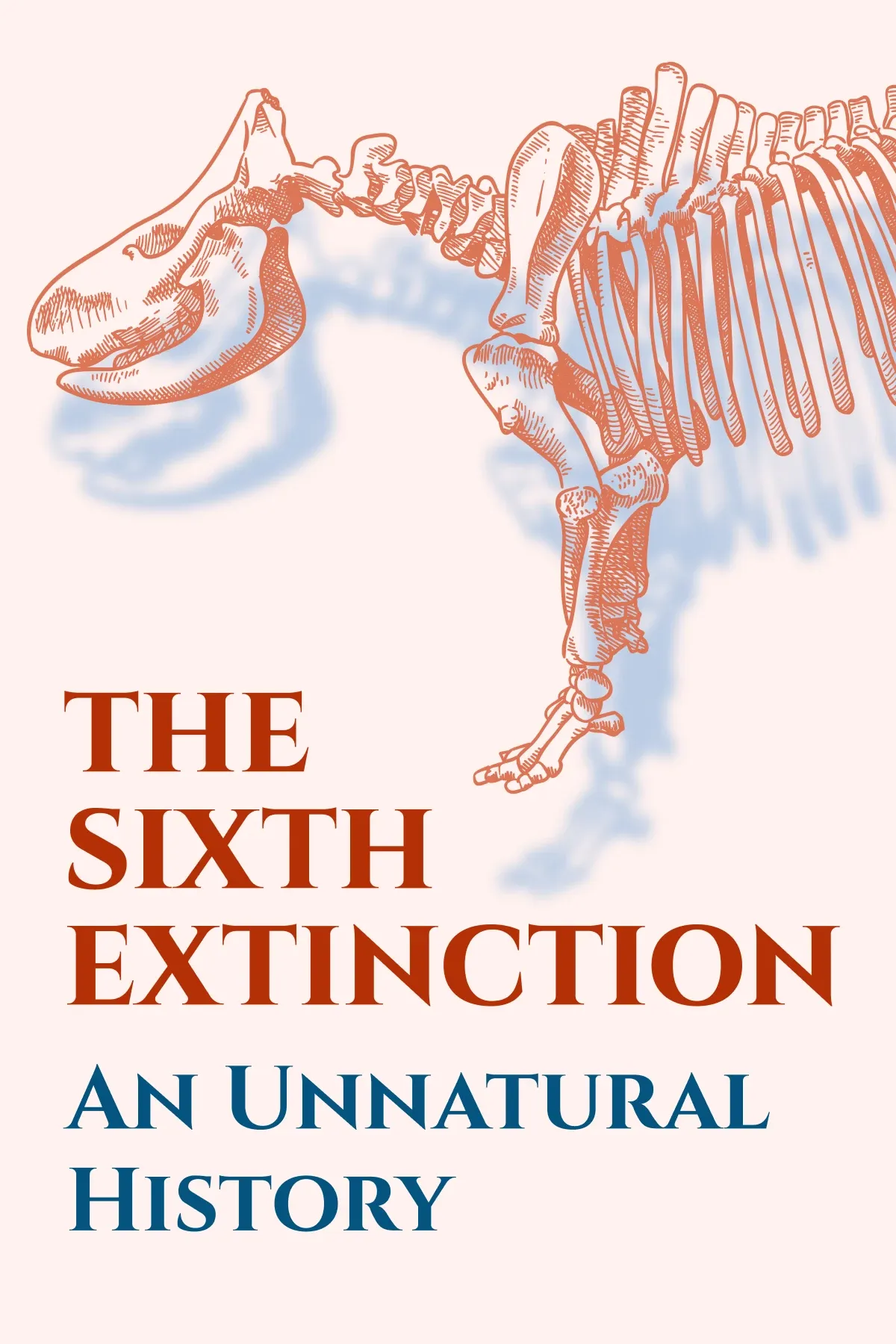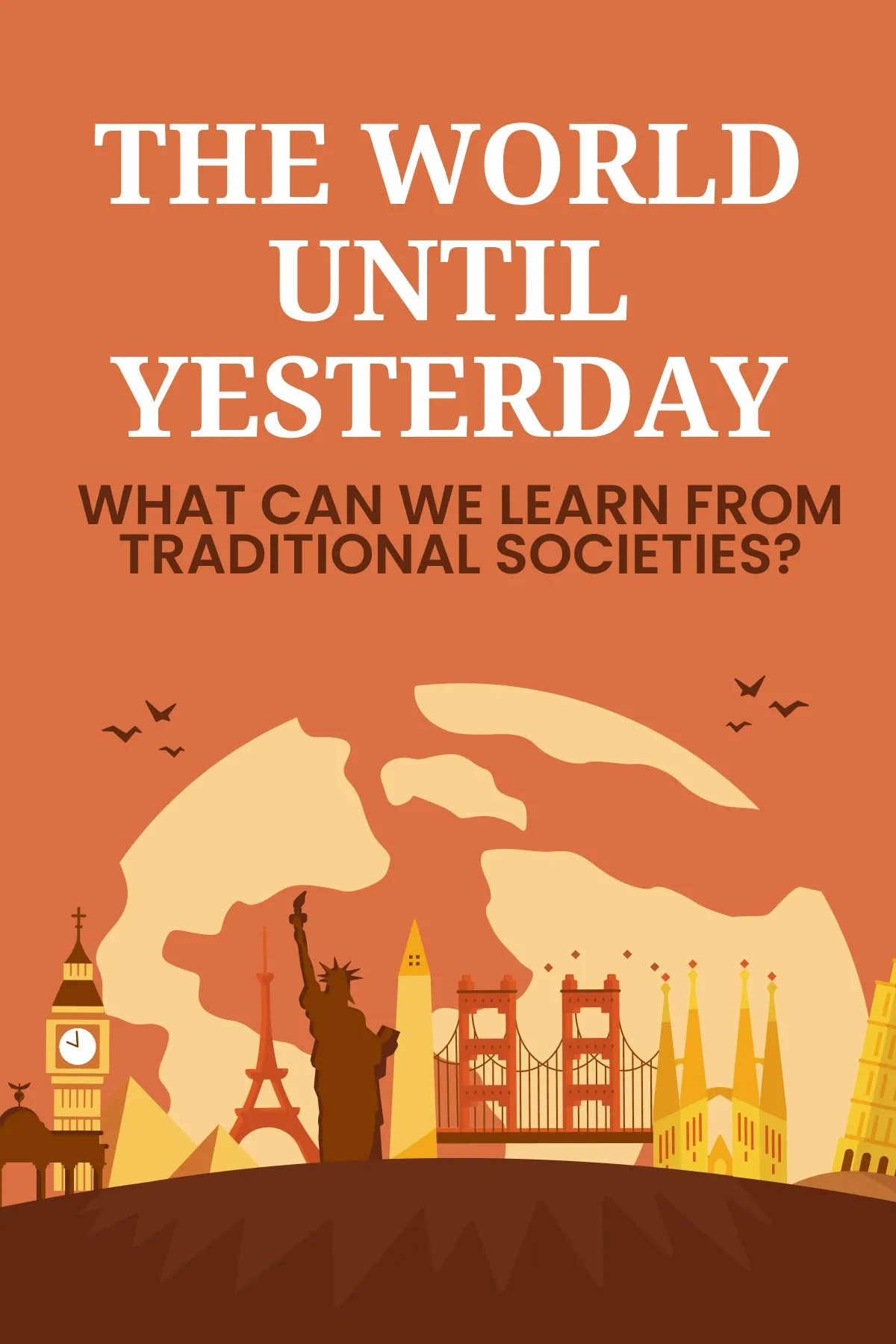
Sapiens
Brief Summary
“Sapiens: A Brief History of Humankind” is a global bestseller written by the renowned historian Yuval Noah Harari. The book explores how biology and history have influenced our understanding of what it means to be human. Harari describes the evolution of mankind, sharing numerous captivating facts.
Key points
Key idea 1 of 9
Humans have embarked on a fascinating evolutionary journey from the earliest hominids in East Africa around 2.5 million years ago. These primal humans, primarily subsisting on fruits, nuts, and small game, formed alliances and competed for social rank, much akin to their animal counterparts. Their existence, while intriguing, was not extraordinary, and they shared their habitat with a host of other species. As historian Yuval Noah Harari points out, there was nothing “special” about humans at this stage.
Fast forward to around 150,000 years ago, and we see the emergence of Homo sapiens, our direct ancestors. Yet, their lives in East Africa were rather uneventful, devoid of significant artistic or technological creations. Occasionally, they would venture north, only to be repelled by the dominant Neanderthals, retreating home with substantial losses. The Middle East remained under Neanderthal control for another 30,000 years.
However, around 70,000 years ago, a remarkable shift occurred. Homo sapiens began to evolve at an unprecedented speed. They invented oil lamps, boats, bows, and arrows, established trading networks, and expanded their societies in both size and complexity.
Meanwhile, other human species, likely eradicated by our Homo sapiens ancestors, continued to exist. When Homo sapiens ventured out of Africa for the second time, they engaged in conflict with the Neanderthals again. This time, they prevailed. They wiped out all other human species and took control of the Middle East. Between 70,000 and 30,000 years ago, Homo sapiens experienced a cognitive leap that propelled them past other animals. Harari refers to this as the Cognitive Revolution.
Previously, our brains were akin to those of Neanderthals. However, according to the most widely accepted theory, a genetic mutation rewired our brains, enhancing our cognitive abilities. Understanding the ramifications of the Cognitive Revolution is more critical than understanding its origins. Language development is arguably the most significant result of this fortunate genetic mutation. Therefore, it’s not surprising that the rise of complex language was a significant factor in Homo sapiens’ ascension to dominance.
FAQ
You may also like these summaries











